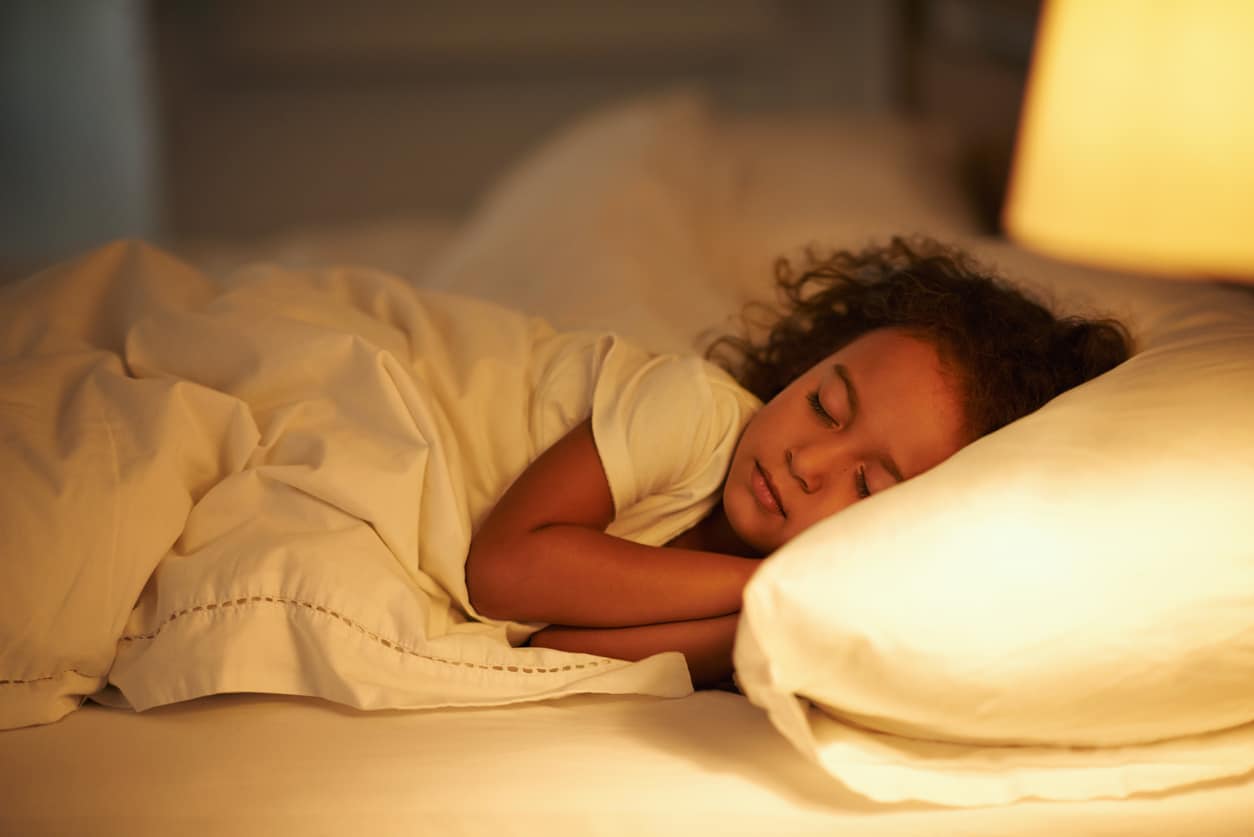Approximately one in 10 children snore. Snoring occurs when air flowing past the relaxed tissues in your throat causes the tissues to vibrate as you breathe. While some snoring may occur with no identifiable cause, certain conditions can block or obstruct the airway, leading to an increased risk of pediatric snoring. Conditions which may cause snoring include but are not limited to:
- Swollen tonsils and adenoids
- Nasal congestion
- Allergies
- Asthma
- Poor air quality
- Deviated septum
- Obstructive sleep apnea (OSA)
While pediatric snoring is not always a symptom of a more significant issue, habitual snoring can increase the risk of high blood pressure, heart conditions, stroke, behavioral issues, poor sleep and more. If snoring and sleeplessness make your child cranky at the Washington Park Playground, take a look at a couple of treatment options that may be available to you.
Surgery

Surgery may be used to treat severe snoring caused by overgrown excess tissue or to correct a structural issue. Two common surgeries for treating pediatric snoring include:
- Tonsillectomy. A tonsillectomy is a surgery to remove the tonsils, the lumps of tissue at the back of the throat.
- Adenoidectomy. An adenoidectomy surgically removes the adenoids, the glands located between the airway in the back of the nose and the throat.
Reduce Congestion
Congestion is an inflammation of the nasal passage, causing fluid build-up and a feeling of fullness. Nasal congestion is a frequent cause of pediatric snoring. A couple of home remedies for treating nasal congestion include:
- Drink plenty of fluids. Drinking plenty of water or herbal tea can help thin out the mucus in your child’s nasal passage.
- Apply a warm compress. Warm compresses can help loosen the mucus in your child’s sinuses. You can make a warm compress at home by microwaving a wet rag in 30-second intervals and placing it over your child’s sinuses.
- Make a steam room. Have your child sit in the bathroom with a hot shower running. Place a towel under the door to keep steam in the room. The heat and hydration will help to clear out the sinuses.
- Elevate your child’s head. Put a couple of pillows under your child’s head to help promote mucus drainage throughout the night.
Minimize Allergens
Inflammation from allergies can cause your child to snore. Frequently dusting, washing the sheets and keeping pets out of your child’s bedroom can help prevent allergy-induced snoring.
For more information on pediatric snoring, contact Albany ENT & Allergy Services to make an appointment with one of our sleep specialists.